Summaries of books about Politics & Social Sciences:
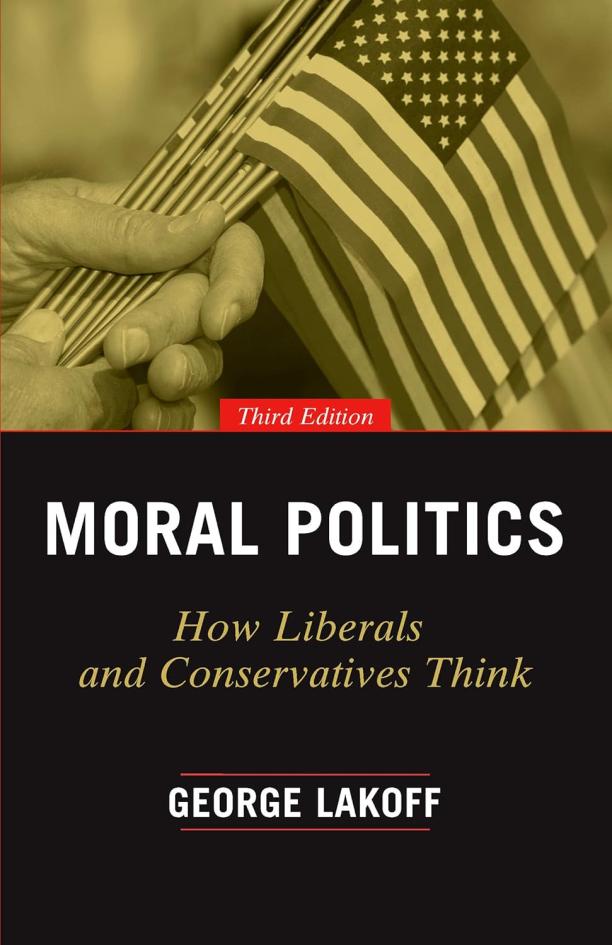
Moral Politics
How Liberals and Conservatives Think
George Lakoff
The book explores the cognitive frameworks that underpin conservative and liberal thought, arguing that their respective moral understandings are rooted in the metaphor of the nation as a family, with conservatives adopting a strict father model and liberals a nurturing parent model. It delves into how these metaphors shape attitudes on various issues, from social welfare to national defense, and influence political discourse and policy.
See full summary

Crowds and Power
Elias Canetti
The book is a philosophical treatise exploring the dynamics, psychology, and phenomena of crowds, delving into their behavior, influence, and the power they exert. It examines different types of crowds and the impact of leaders, symbols, and rituals on collective behavior across various cultures and historical periods.
See full summary
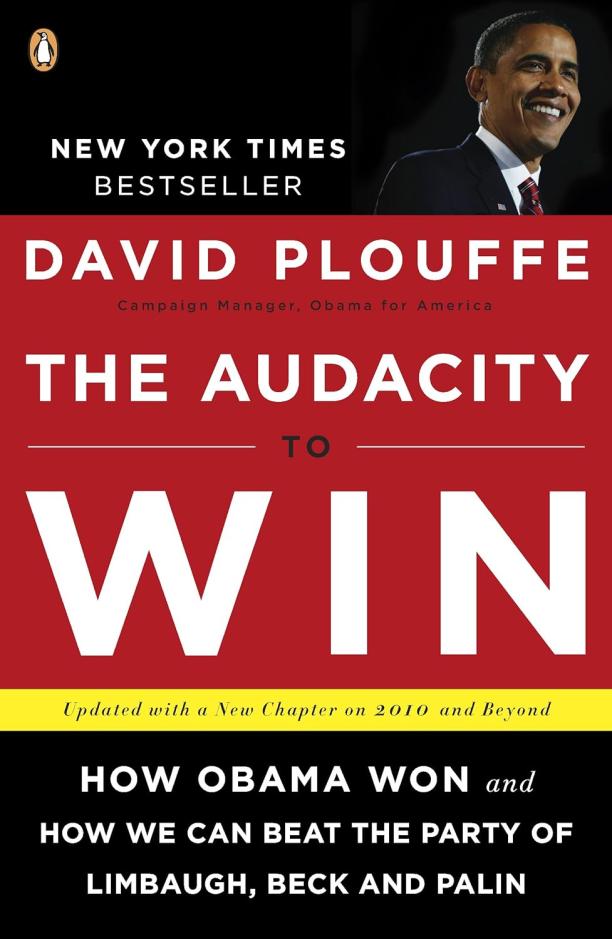
The Audacity to Win
How Obama Won and How We Can Beat the Party of Limbaugh, Beck, and Palin
David Plouffe
The book provides an insider's account of Barack Obama's 2008 presidential campaign, detailing strategies, tactics, and the groundbreaking use of technology and social media. It also offers insights into overcoming political challenges and the author's perspective on defeating conservative figures and the Republican Party in future elections.
See full summary
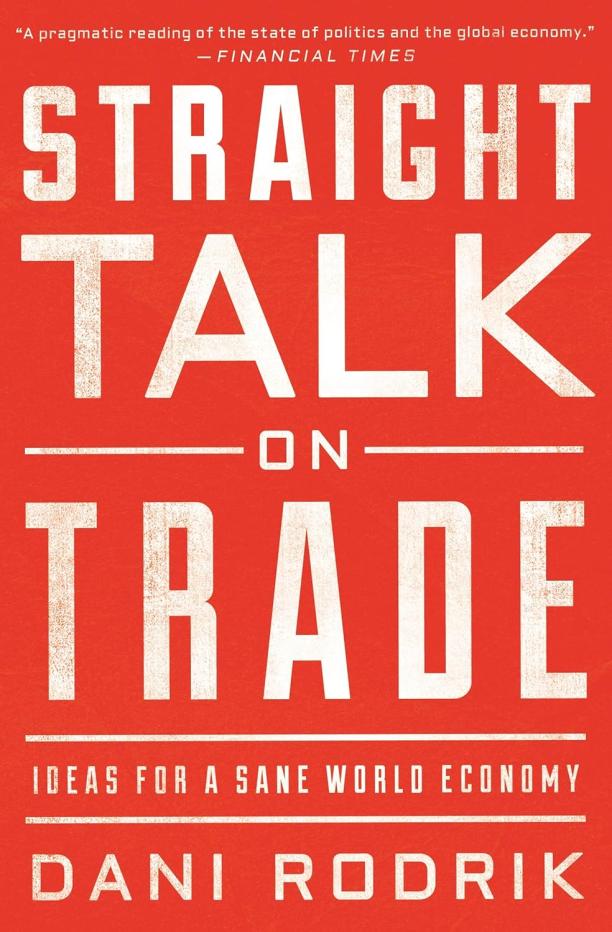
Straight Talk on Trade
Ideas for a Sane World Economy
Dani Rodrik
The book presents a critical analysis of globalization and its impact on national economies, advocating for a balance between free trade and protective measures to ensure economic stability and social cohesion. It offers a nuanced perspective on trade policy, suggesting reforms that can help nations to benefit from global markets while maintaining sufficient regulatory autonomy to address domestic priorities and inequalities.
See full summary
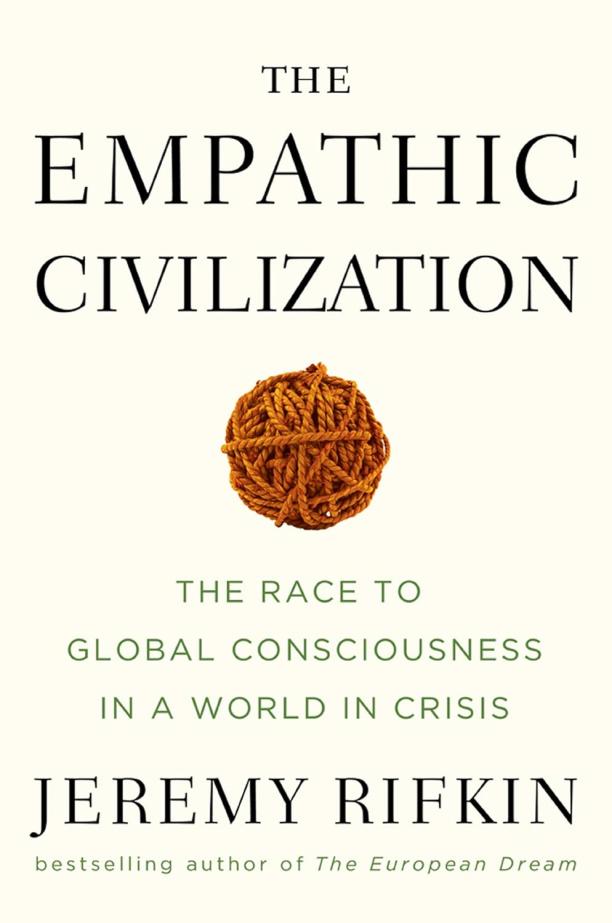
The Empathic Civilization
The Race to Global Consciousness in a World in Crisis
Jeremy Rifkin
The book explores the evolution of empathy within human societies, arguing that our ability to empathize has expanded in tandem with technological progress, leading to increasingly interconnected global relationships. Rifkin contends that this growing empathic sensitivity could be pivotal in addressing the world's environmental and social crises by fostering a global consciousness and cooperation.
See full summary
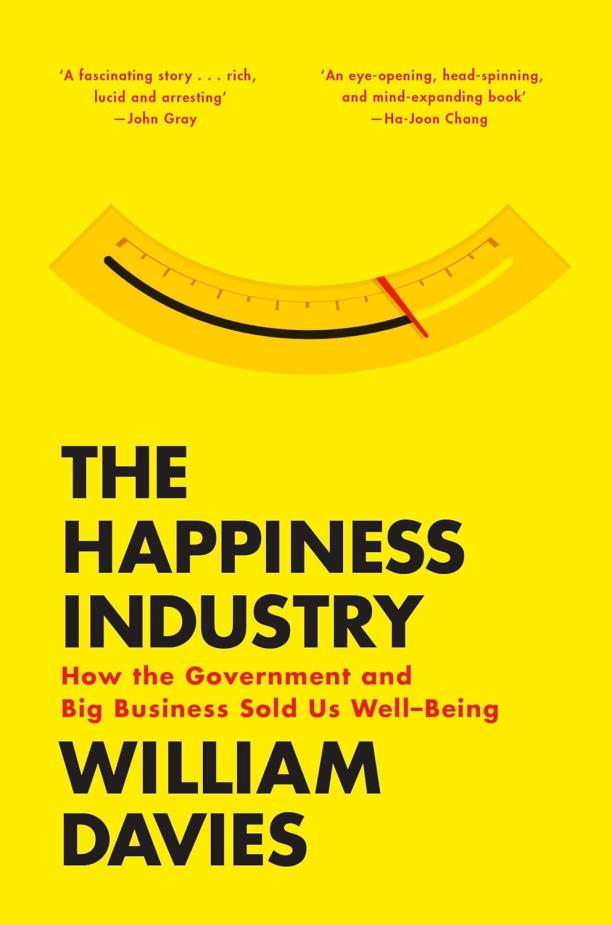
The Happiness Industry
How the Government and Big Business Sold us Well-Being
William Davies
The book critically examines the intersection of psychology, economics, and technology in the pursuit of happiness, arguing that governments and corporations have co-opted the concept of well-being to serve their own interests. It explores the ways in which our emotions are quantified and manipulated to align with market and political objectives, often at the expense of genuine personal fulfillment.
See full summary
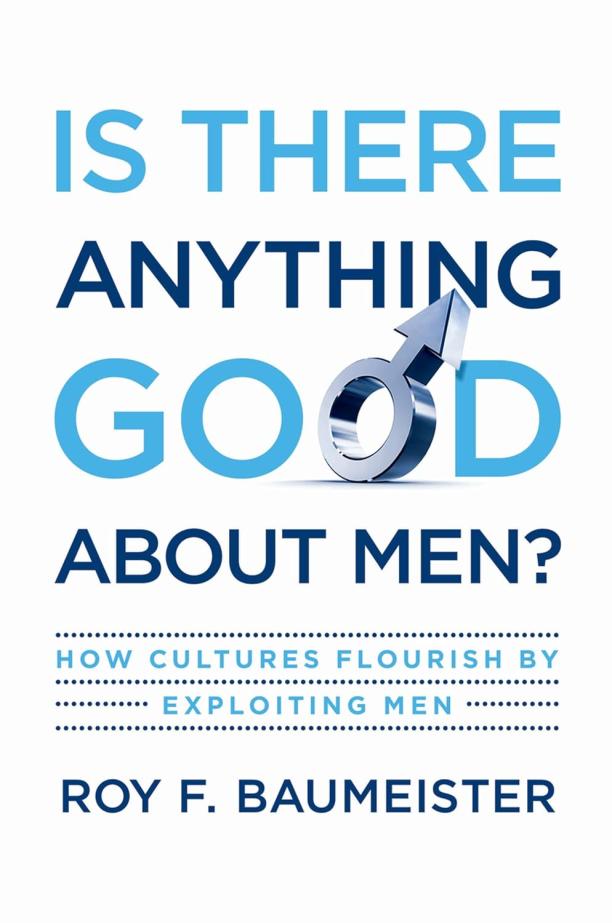
Is There Anything Good About Men?
How Cultures Flourish by Exploiting Men
Roy F. Baumeister
The book explores cultural systems that have historically capitalized on male disposability and competitive nature to advance societies, arguing that these systems benefit both genders despite often being criticized as oppressive. It examines gender roles and differences through a psychological and sociological lens, suggesting that men's contributions and sacrifices have been essential for human progress.
See full summary

How Mumbo-Jumbo Conquered the World
A Short History of Modern Delusions
Francis Wheen
The book critically examines the rise of irrational beliefs and pseudo-science in contemporary society, exploring how unreason has permeated politics, economics, and culture since the 1970s. It delves into various topics, including the decline of reason in public discourse, the influence of New Age philosophies, and the impact of market fundamentalism.
See full summary
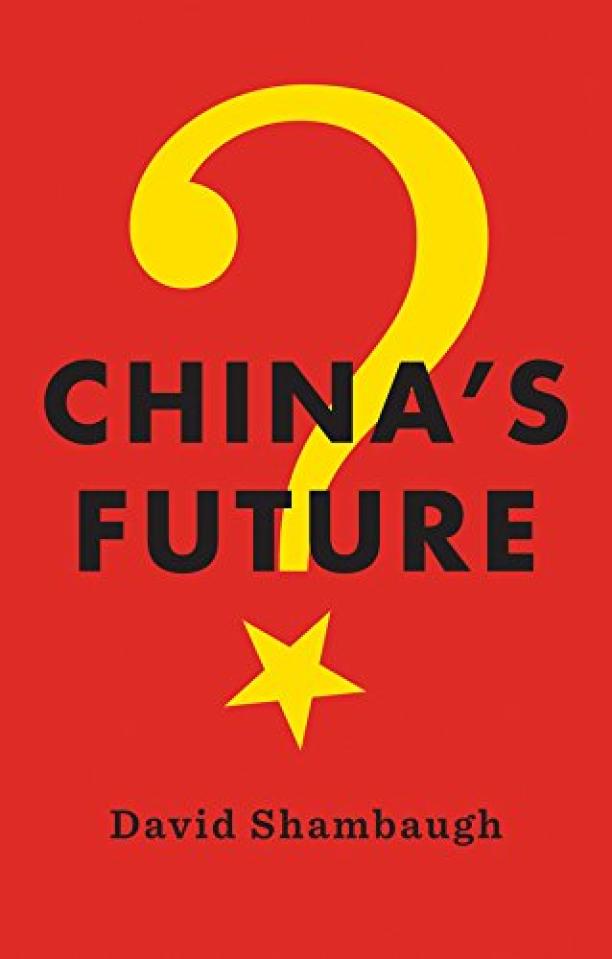
China's Future
David Shambaugh
The book analyzes the challenges and potential paths forward for China's political, economic, and social development, considering the sustainability of the Communist Party's rule. It discusses the need for reform and the possible scenarios for China's future, including the implications for its global role.
See full summary
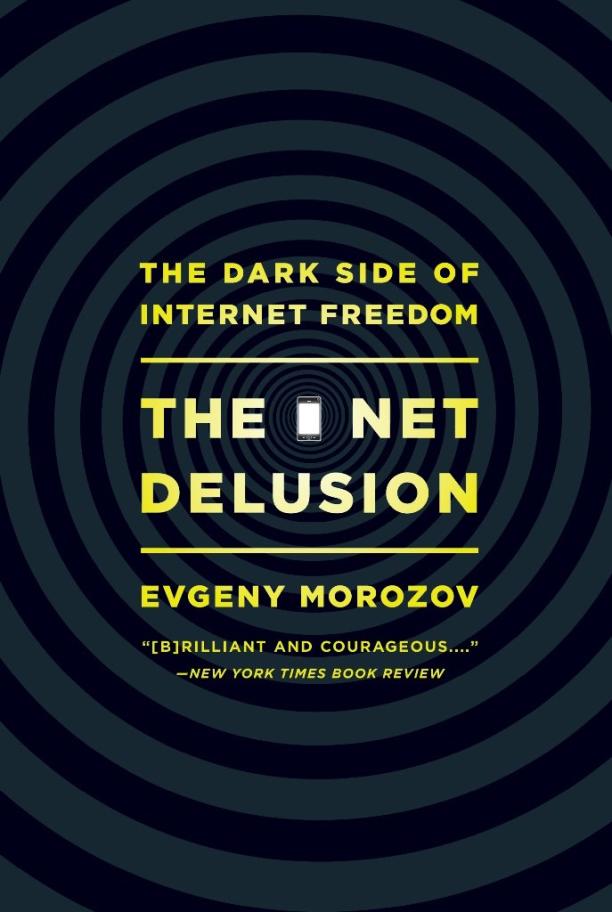
The Net Delusion
The Dark Side of Internet Freedom
Evgeny Morozov
The book critically examines the assumption that the Internet inherently promotes freedom and democracy, arguing that it can also be used by authoritarian regimes to suppress dissent and control information. It explores the ways in which the web can be manipulated for propaganda, surveillance, and the stifling of political change.
See full summary